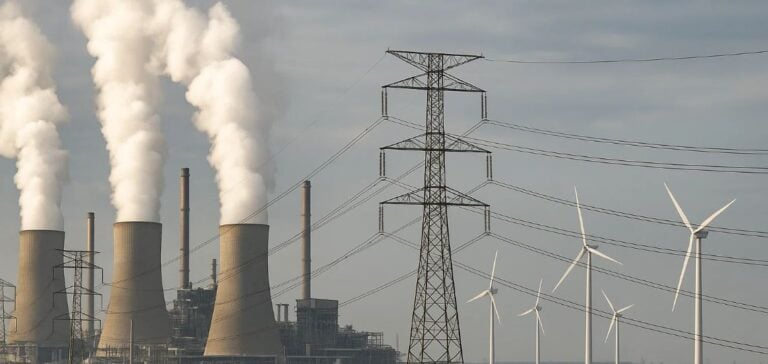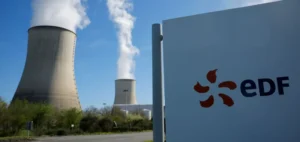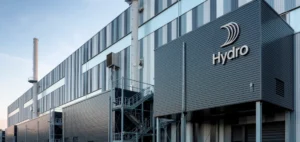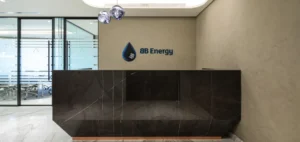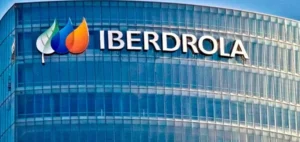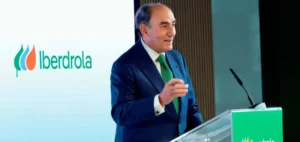Global energy sector investment is expected to reach a record $3.3tn (EUR3.05tn) in 2025, according to a report published by the International Energy Agency (IEA). This increase is mainly attributed to the growth in spending on low-carbon electricity generation, grid infrastructure, energy storage and new nuclear facilities.
The IEA estimates that $2.2tn (EUR2.03tn) will be allocated to low-emission technologies, including renewables, nuclear power and batteries. In contrast, investment in oil, natural gas and coal is projected to total $1.1tn (EUR1.02tn), representing one-third of total global energy investment.
Electricity and data: key growth drivers
The agency identifies the onset of the “age of electricity” as one of the main drivers of this shift. Rising electricity demand, fuelled by artificial intelligence, data centres and electric vehicles, is reshaping investment patterns. In 2025, electricity-related spending is expected to reach $1.5tn (EUR1.39tn), which is 50% higher than combined fossil fuel investments.
Electricity consumption by data centres has increased by 12% annually since 2019, accounting for 1.5% of global electricity use in 2024. The IEA anticipates even higher demand by 2030, reaching 945 terawatt-hours from AI-powered data centres.
Solar dominates investment flows
Among low-emission technologies, solar photovoltaic (PV) remains the top investment area. The IEA forecasts $450bn (EUR417bn) in solar PV investment for 2025, with strong growth in emerging economies due to falling costs and increased supplier competition. Battery storage investments are also rising, surpassing $65bn (EUR60bn).
The IEA reports that capital investment in nuclear power has increased by 50% over five years, reaching around $75bn (EUR69bn) in 2025. The Middle East and the United States account for nearly half of all final investment decisions in natural gas.
Regional disparities and structural hurdles
Investment in electricity grids remains steady at $400bn (EUR370bn) per year. This level is insufficient to meet the growing needs of electricity production. The IEA highlights permitting delays and strained supply chains for transformers and cables as major obstacles.
Africa receives just 2% of global clean energy investment, despite hosting 20% of the world’s population. The agency calls for increased international public financing to attract greater volumes of private capital to the region.
Diverging trends in hydrocarbons
In hydrocarbons, upstream oil investment is expected to decline by 6% in 2025 — the first year-on-year drop since the 2020 downturn — driven mainly by reduced spending on US shale oil. Meanwhile, liquefied natural gas (LNG) is on a strong growth path with major projects underway in the United States, Canada and Qatar. The global LNG market is on track for its largest-ever capacity increase between 2026 and 2028.
China remains the largest energy investor globally, accounting for nearly one-third of clean energy investment. India and Brazil also stand out among emerging markets.


